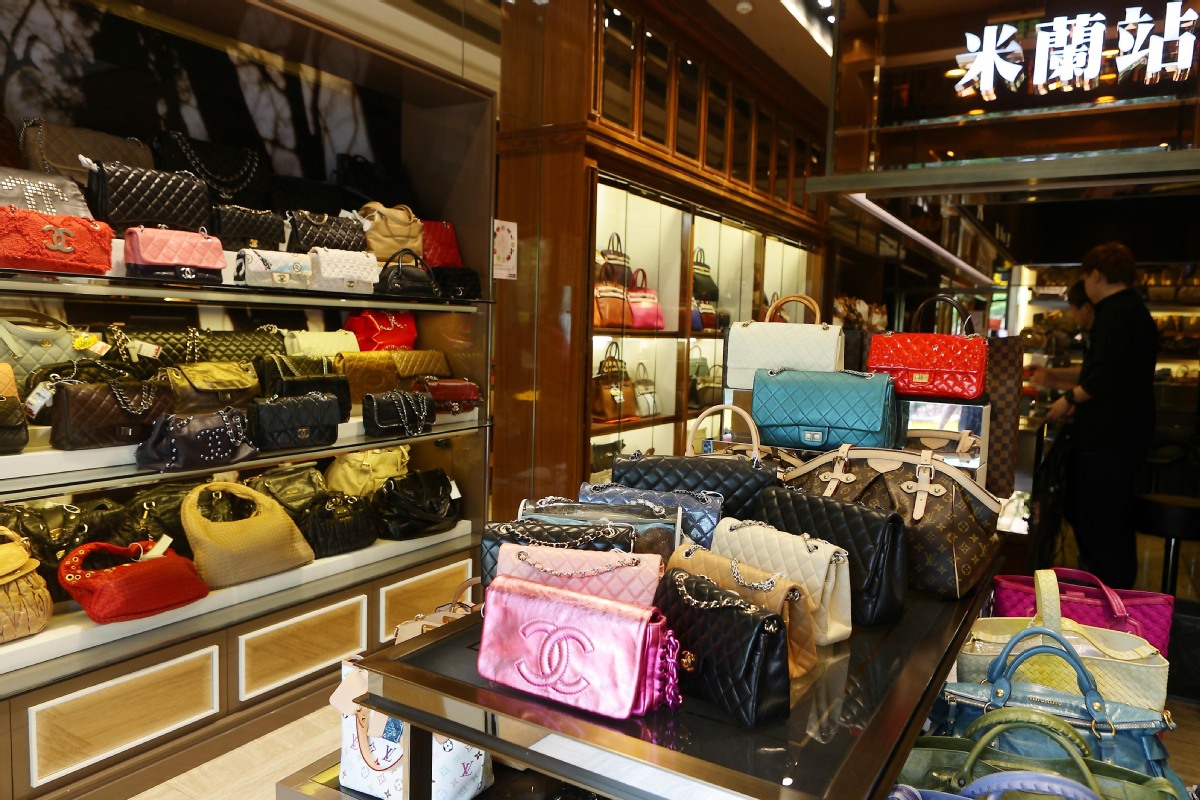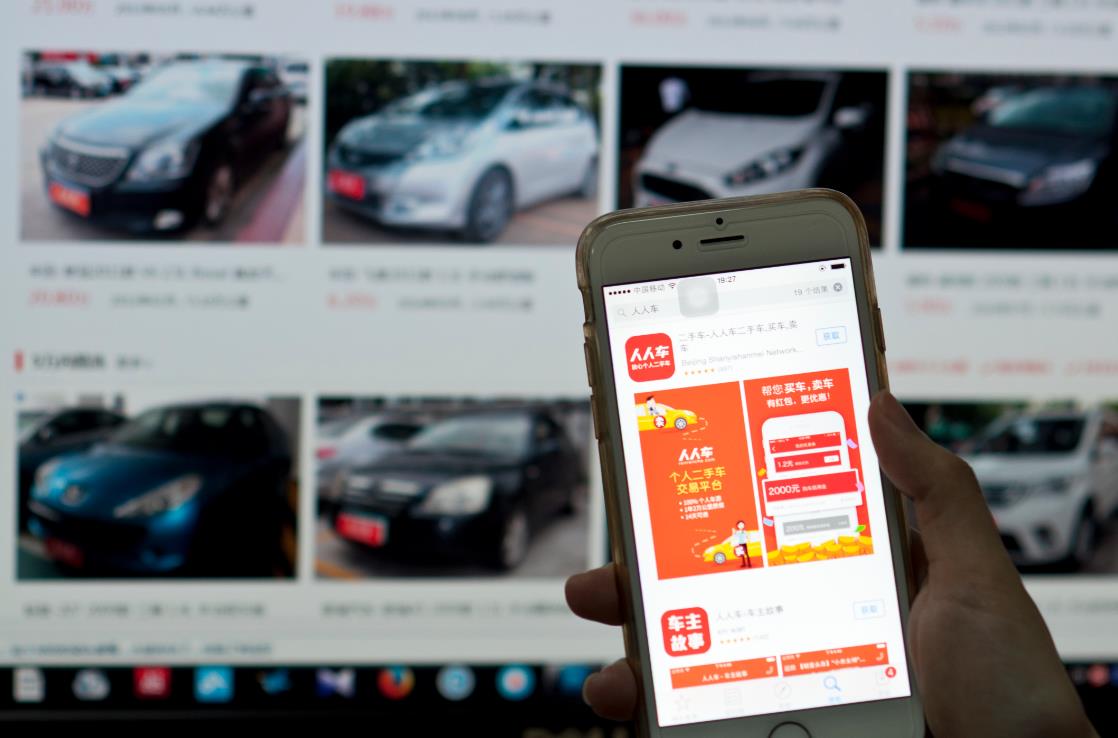
From the People's Daily App.
This is Story in the Story.
The secondhand economy, supported by consumption upgrade and advanced internet technologies, is set to create a trillion-yuan market in China, according to industry insiders.
In the internet era, selling a secondhand smartphone no longer involves face-to-face negotiations. Today, all you need to do is to put a used phone into a machine that uses big data to determine its value and is able to erase all your personal data.
The secondhand economy in the internet era will "enable more consumers to enjoy added value through new modes of business, advanced technologies and upgraded experiences," according to industry insiders.
According to a report from market consultancy Big Data Research, the market volume of the country's secondhand economy reached 202.54 billion yuan ($29.5 billion) in the first quarter of this year, a 5.5 percent increase year-on-year.
Today’s Story in the Story looks at how consumption upgrade and internet technologies are set to create a trillion-yuan business.

Secondhand luxury bags are sold at a Milan Station store in Shanghai. (Photo: China Daily)
"One important reason for the market rise is that consumption upgrade is driving changes in the consumption habits of younger generations, especially those born after 1990," said He Fan, founder and CEO of Huishoubao, an app enabling the recycling of electronic devices online.
They tend to pursue lifestyles and have consumption habits that are more environmentally friendly, sustainable and fashionable, he said.
Another reason, according to Li Renjian from CITIC Capital, is that the use of advanced internet technologies including big data and artificial intelligence has boosted the competitiveness of the whole sector.
Huafer, an online platform for secondhand maternity items developed by Parterre Beijing Technology Co, is riding the wave by focusing on female users. Huafer offers new mothers a platform to buy and sell products that their babies no longer need.
"Unlike other secondhand products, those used by new mothers and babies are useful only for a short period of time," said Zheng Xiaowen, CEO of Huafer.
Two years after it was established, the firm has more than 1.9 million registered users and over 80,000 users have made transactions through its platform. Huafer is also a shining example of how a platform for secondhand goods can make use of KOLs, or key opinion leaders, and it has cooperated with a string of popular stars to attract more users.
Famous actresses including Sun Li, Xie Na and Deng Sha as well as renowned television presenter Zhu Dan are among those selling their secondhand goods on Huafer.
According to a report from leading investment firm Cyanhill Capital, China's secondhand market is growing rapidly at 30 percent year-on-year and is expected to reach a value of 1 trillion yuan next year.
"The market will have great potential in the future compared with developed countries. The market size of used goods in the United States is 2 trillion yuan while in Australia and Canada it is about 200 billion yuan," said the report.

A person uses the mobile app of secondhand car trading platform Renrenche in Guangzhou, Guangdong province. (Photo: China Daily)
Demand for used cars is also gaining momentum.
In the first half of 2019, a total of 6.86 million used cars were sold across China, up 3.9 percent year-on-year. Overall sales hit 43.4 billion yuan, according to the latest data from the China Automobile Dealers Association.
Luo Lei, deputy secretary-general of the China Automobile Dealers Association, said that the booming market is thanks to the central government's decision to remove limits on the flow of used vehicles across regions.
China has about 240 million cars on the road, data from CADA showed, yet about 78 percent are from first-and second-tier cities.
"But demand for used vehicles chiefly comes from consumers in small cities, resulting in huge demand-supply imbalances geographically," according to data from Youxin, an online used car dealer.
To tap into the demand, major car dealers including Renrenche, Youxin and CARS are all gearing up to enter more cities and provinces to boost market share.
Major ride-hailing firm Didi is also entering the market by buying used vehicles directly from Renrenche to lower costs.
In June, JD announced plans to inject more than $500 million into the secondhand platform Aihuishou, which is reported to bring the valuation of Aihuishou to more than $2.5 billion.
With the secondhand market continuing to boom, Zhang Li, head of the e-commerce division at the Chinese Academy of International Trade and Economic Cooperation affiliated with the Ministry of Commerce, noted that the new business model has also brought about many problems.
Zhang said that it is difficult for the government to supervise as the secondhand market involves numerous types of small platforms and applications.
(Produced by Nancy Yan Xu, Brian Lowe, Lance Crayon and Paris Yelu Xu. Music by: bensound.com. Text from China Daily.)


